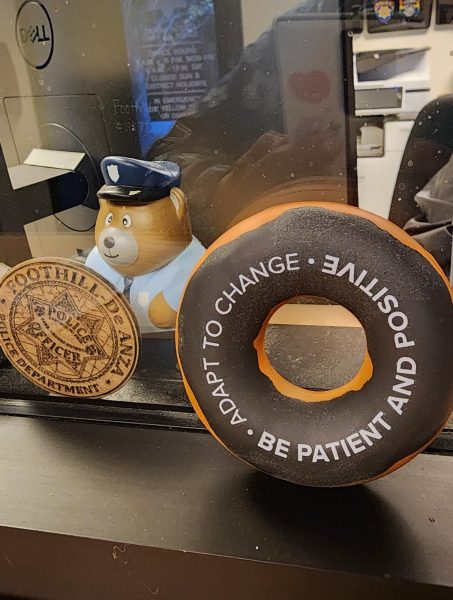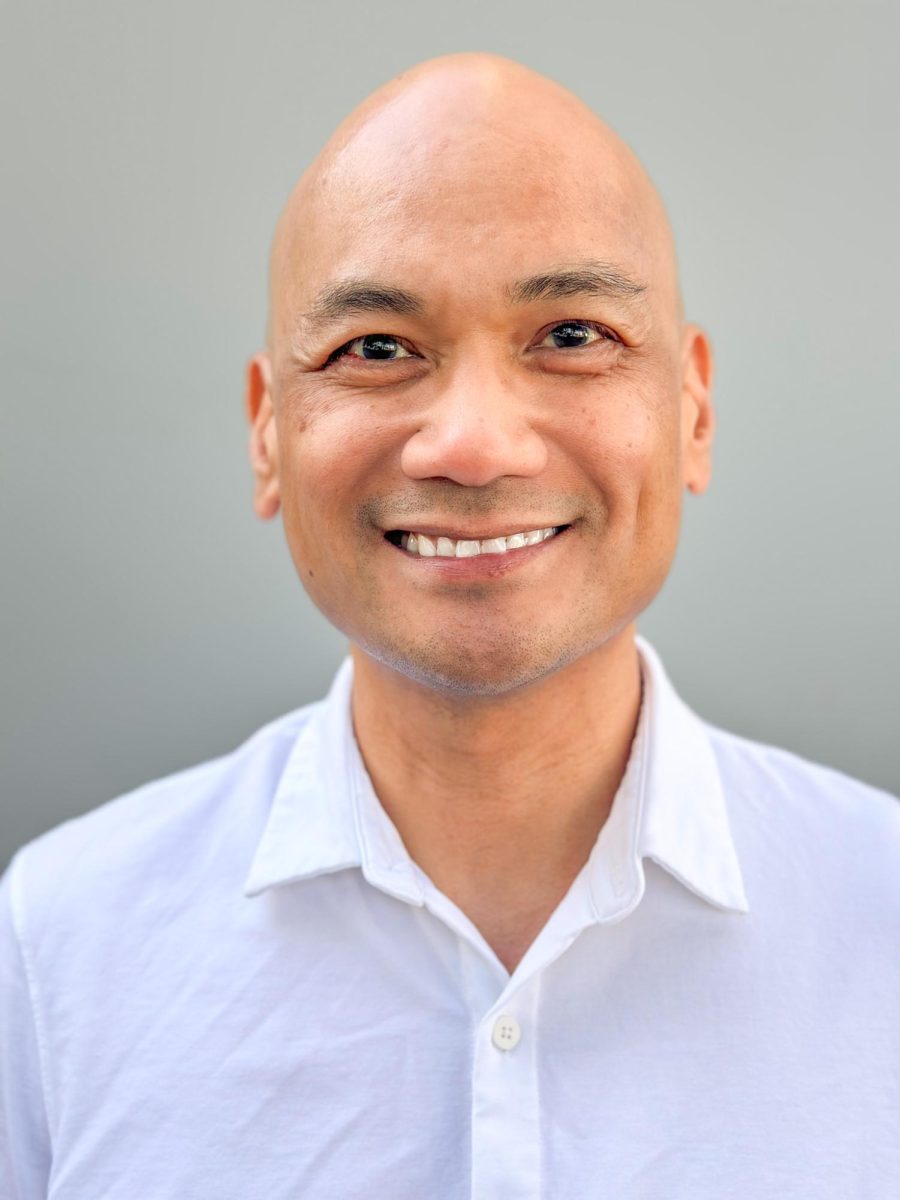In a slim yet information packed 188 pages Emotional Survival for Law Enforcement brings into sharp perspective the beginnings and potential ending journeys of law officers from recruit to veteran to retiree. The physical and emotional effects of hyper vigilance, a necessary part of police survival, are described in detail along with solutions to counter these effects. Dr. Gilmartin clarifies the need for a police officer to balance and maintain two challenging jobs: meeting the demands of being a police officer on-duty and managing its effects while off-duty.
Kevin Gilmartin, a 20-year veteran of police work, provides an insider’s view of police work and situations on the job. Thought-provoking questions, diagrams, and supporting case studies illustrate facts of police life. These include varying shift work and assignments, sleep challenges, and dealing with the burn out which occurs from constant decision-making.
In Chapter Two, Blue H.E.L.P. (Honor, Educate, Lead, Prevent) is mentioned in a 2019 survey which notes that officers’ deaths by suicide are higher than line-of-duty deaths. For greater insight into this subject, listen to this podcast.
A statement from Kindle-Hill reads:
“Horses and first responders are similar in how they view the world. They both understand that to survive they must: (1) Exist in a perpetual hyper-vigilant state. (2) Maintain a heightened level of awareness.”
You won’t encounter only grim facts in this book. Chapter 8 provides a humorous episode where a clueless time management instructor tries to guide police officers. He receives some rather direct feedback from a police attendee about their work planning:
“We’re all cops. We show up to work, sh*t happens, and we handle it.” Intrigued, the instructor asks how they know things are happening and receives this response: “We have a little box in our police cars, and a voice comes out of it and tells us what sh*t is happening and where it is happening. We drive there, and we handle the sh*t.” Astonished, the instructor comments: “You mean to say that when you show up to work, you have no idea what you will be doing on that particular day? You mean your work is purely reactive?” The cop responds, “yeah, that’s why we are called first responders…we respond.”
While reading these problematic situations, I found myself translating them into my own experiences. The book emphasizes the importance of having multiple roles in life so that you can let in different experiences and invest your energy wisely. My role as an environmental litter collector came to mind. As I ride my bike, I often see litter which I am tempted to pick up. There is a time and place for this, but I also need time to be a person getting exercise and enjoying the view of the world from two wheels. Collecting litter indiscriminately could become a full-time job depriving me of valuable me-time.
Chapter 5 states that every action has an equal and opposite reaction. When I glide down a hill on my bike, this involves minimal effort, but going back uphill is slower and harder. Likewise, a driver coming off of a high speed freeway needs to revert to a cautious and much lower speed when approaching a pedestrian area. This is not an easy task.

Foothill Police Lobby
I was introduced to Emotional Survival for Police Officers by Foothills Police Chief Daniel (Danny) Acosta. He shared that he provides a copy of it to all of his personnel. While the book’s cover states this is a guide for officers and their families, I found it very helpful to learn about the challenges and unique situations in a police career. I feel clearer about situations I have experienced in my encounters with police.
As I mentioned in my first statement, a police career requires specialized awareness of its effects and a careful tending of post-duty activities to counteract these effects. Staying aware of the best choices—and resisting coping behaviors that undermine a high-quality life—is especially important for officers given the critical decisions they make and the impact these choices have on their relationships.
I wish all police officers the best as they strive to achieve emotional survival and thrive both professionally and personally. For those seeking to better understand the unique challenges officers face, Emotional Survival for Law Enforcement offers valuable insights and an opportunity for deeper empathy.





















































































